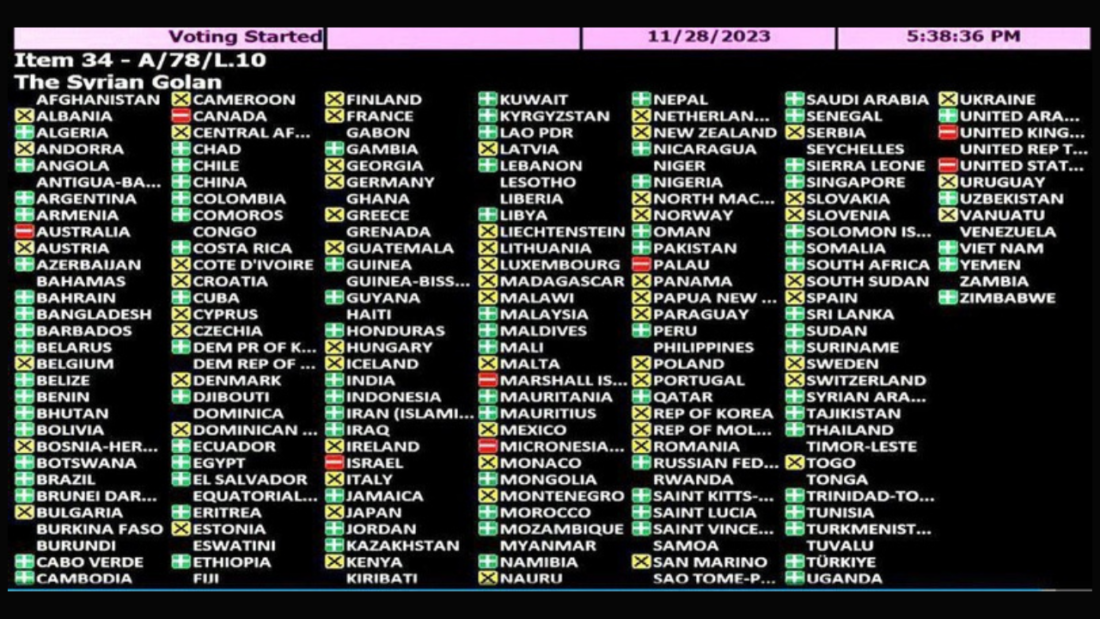AKEL ON UN MEETING ON CLIMATE CHANGE
“Instead of steps forward, powerful states have dug further their trenches”
The two weeks of talks at the annual meeting of the UN Framework Convention ON Climate Change began at the end of the huge storm in the Philippines, which killed more than 4,000 people and affected 13 million others.
Scientists confirm that the world will experience more intense weather conditions, as nations continue to burn fossil fuels, while leading climate scientists in September during the Intergovernmental Panel on Climate Change (IPCC), concluded, with 95% certainty, that human-made emissions of greenhouse gases have a negative impact on the climate.
On Sunday 24th November 2013, the United Nations Conference on Climate Change came to an end with an agreement that did not meet the expectations of those who hoped for a shift in policies relating to climate change. It should be noted that on Thursday 21st November environmental organizations withdrew from the talks, since according to their statements “the practices of many rich countries undermine the very framework of the United Nations Convention on climate change.”
The only end result during the talks was an agreement which gives all nations a year to meet their individual goals in order to reduce their harmful emissions. In short, the problem of climate change and the need for a binding agreement was simply transferred for another year.
Delegates also agreed to create the so-called international mechanism of Warsaw to help the poorest countries tackle the increase in sea levels, droughts, floods and desertification. However, the richer nations and the block of the EU did not agree to offer money to this mechanism.
AKEL notes that the Warsaw Conference lacks once again ambition and willpower, especially from developed and rich countries, to conclude an agreement on drastic changes that will not aggravate the climate any further. At this year’s Conference, the interests of the major industrial polluters have overshadowed the needs of people around the world.
AKEL is against policies aimed at tackling the problem, through market mechanisms, such as the Emissions Trading Scheme, since its implementation, it became very clear that its main achievement was giving the excuse to the major polluters to continue the pollution without reductions. AKEL considers the immediate taking and implementation of the following decisions imperative:
* Reduce emissions by 50 % by 2020
* Recognition of the rights of the Earth
* Full respect for human rights, indigenous rights and climate refugees
* Establishment of an International Court of Climate Justice
* Termination of the Emissions Trading Scheme
* Implementation of the Financing of adaptation programs to climate change in developing countries, through the 120 million already pledged by developed countries
* Removing the obstacle of copyright for facilitating adaptation and response to climate change, through the easy promotion of technology
* Stop the commercialization of forests
Cyprus must take very seriously into account the difficult position in which it finds itself and be aware of the more difficult situation it will face in the coming decades. A new Strategy must be elaborated focused mainly on changing the unrestricted and reckless growth model that characterised and marked our island in the previous decades.
The vision and goal for real Sustainable Development can only be achieved if environmental considerations and the people’s interests are put above the interests of big capital. The future demands courage, knowledge, vision and a sense of responsibility. The future of the planet and of future generations is the most important issue and must not be tackled by pursuing the same approaches that created the problem.




